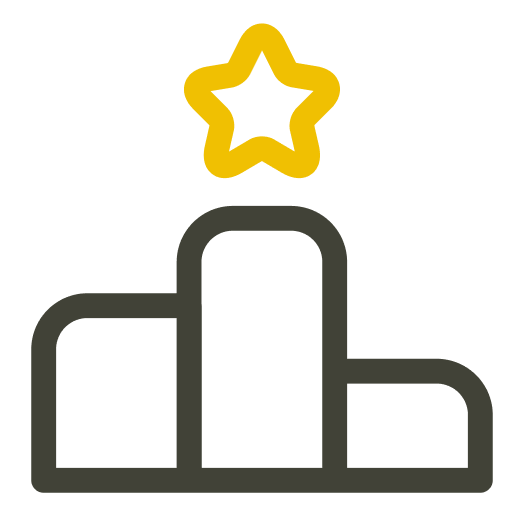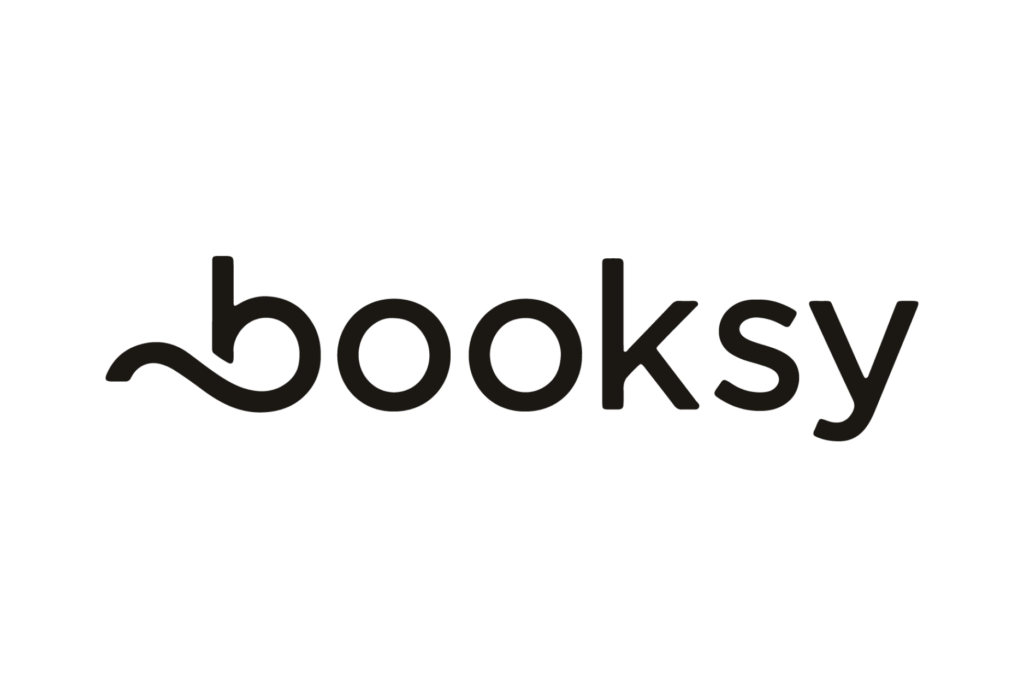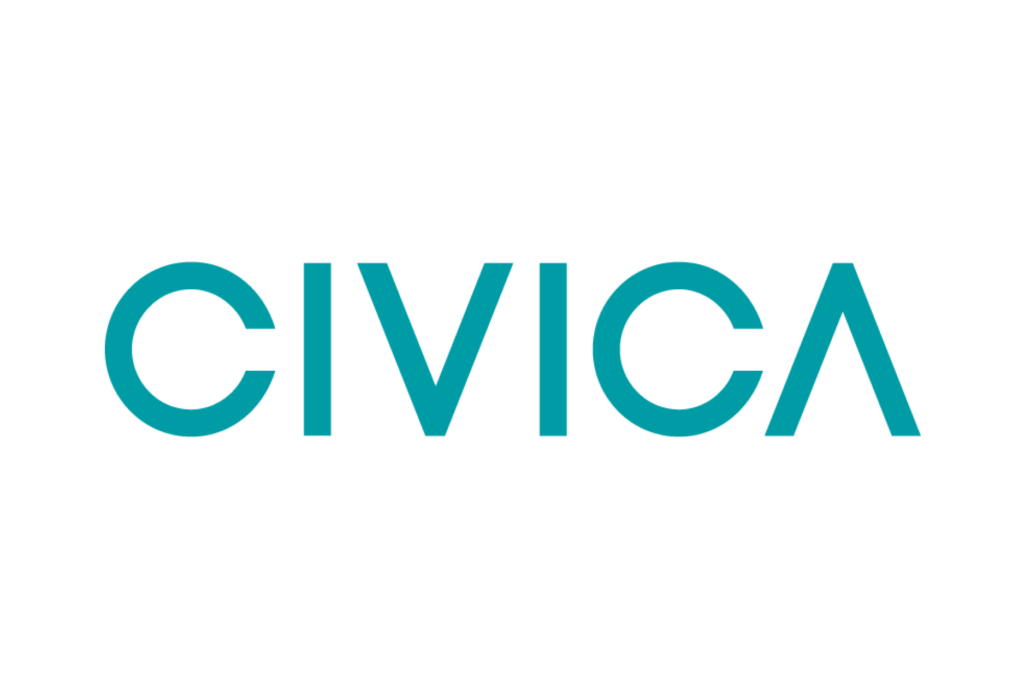Challenge & Research Goals
Anamol Rajbhandari led the UX Research at East London Waterworks Park (ELWP) in the Web team to provide insights to designers in the organisation who are currently working on building a new website.
As ELWP’s online presence is growing and anticipates to grow even further, so has the content. Pages about biodiversity, events, funding, volunteering, and education began to feel scattered, and the site’s navigation structure became increasingly confusing.
Labels like ‘Key Features’ in our current navigation became a dumping ground for everything from wild swimming to community events, which was revealed by a test we conducted previously. Users really struggled, so we needed clarity for new users, for returning visitors as well as for newer volunteers.
Prior, they conducted a tree testing study that revealed that only 59% of users landed on the right content with 46% directness score. Abstract labels like “Vision & Masterplan” confused users, and less than half completed tasks without backtracking. ELWP needed a clearer, user-driven site structure.
Solution
ELWP launched an open card sorting study using UXtweak. 62 cards represented every key piece of website content. 44 participants, ELWP volunteers & supporters, and the general public in a 2:1 split, sorted the cards into their own groups and named them.
I’ve used a few other tools for card sorting, and honestly, UXtweak has the best UX for card sorting. What I mean by that is, if we are asking users to do an extensive test, especially in open card sorting, and it takes a significant amount of effort just to create a category, the chances of them abandoning skyrocket.
And that is what annoyed me a little bit when I use other tools. The ability to just drag a card to an empty space to create a new category is such a small thing, but it makes a huge difference when you’re sorting 60+ items.
📲 Mobile users weren’t left behind either.
I’ve tried running card sorts on mobile before, and it is always a nightmare. With UXtweak, everything just worked. My idea of an amazing UX testing platform is that it’s the test itself that should affect the abandonment rate, not the platform.
If the test has issues, the abandonment rate will go up, but if the test is structured well yet the abandonment rate is high, the chances of something being wrong with the platform are high, and that is not something we’d like as UX Researchers.
UXtweak definitely has room for improvement, like every other platform, but it’s clear to me that the way the platform considers all of this makes it easier for test participants.
The setup was smooth, and the real power came during analysis. Justina Keldusyte, one of the volunteer researchers and a data analyst, shares her experience.
For data analysis, I wanted to play with the raw data and was excited seeing the one-click CSV export feature. The CSVs were easy to understand and use, and seamlessly fit with my data analysis approach and data modelling.
The built-in dendrogram and similarity matrix were also super helpful to get a quick overview of the data and to instantly see which cards were consistently grouped by users.
Outcome
Using UXtweak’s dendrogram and similarity matrix, the team discovered natural groupings across participants: “Visit the Park,” “Get Involved,” “About Us,” and “Events & News” emerged as clear categories.
I started with the dendrogram to spot high-confidence clusters, then used the similarity matrix to expand and validate those groupings.
UXtweak made it easy to make sense of a complex dataset, the tools were intuitive, clear, and saved a huge amount of time. I then mapped the groupings in Miro and documented key insights from the analysis.
Participants’ own category names helped refine navigation labels. Content that frequently appeared in multiple groups (like “Wild Swimming”) was flagged for cross-linking.
What UXtweak gave us was clarity, eliminating a lot of guesswork that was happening in our Figjam Board with their built-in analytics. The platform, on top of it, gave us access to patterns, data, and a very useful way to share the data and analytics with password protection.












